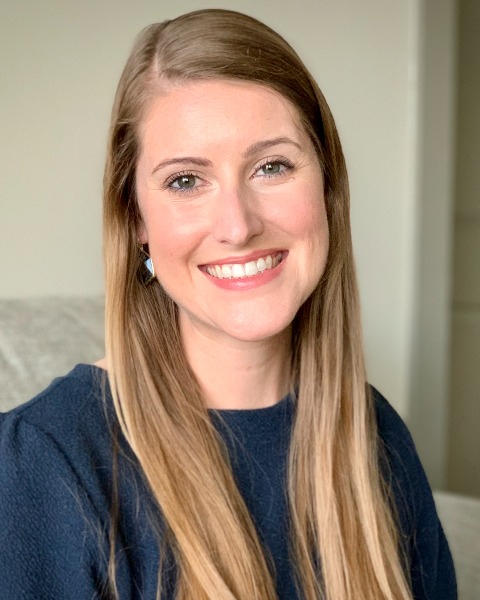Virtual Simulation in Advanced Cardiac Life Support Pharmacy Education
-

-
PD
Portia Davis, PharmD
Associate Professor of Pharmacy Practice
Texas Southern University, United StatesDisclosure information not submitted.
-
BP
Bryan Pari-An
PharmD Candidate
Texas Southern University, United StatesDisclosure information not submitted.
-
YV
Yesenia Vivar
PharmD Candidate
Texas Southern University, United StatesDisclosure information not submitted.
-
PR
Paul Ramos
PharmD Candidate
Texas Southern University, United StatesDisclosure information not submitted.
-
IP
Ivy Oiyee Poon, PharmD, BCPS
Professor in Pharmacy Practice
Texas Southern University, United StatesDisclosure information not submitted.
First Author(s)
Co-Author(s)
Title: Virtual Simulation in Advanced Cardiac Life Support Pharmacy Education
Introduction: Pharmacist participation in cardiac arrest decreases adverse drug events and hospital mortality. Developing a foundational knowledge base and confidence in advanced cardiac life support (ACLS) management is an increasing focus in pharmacy education. The use of high-fidelity ACLS simulation (SIM) has been shown to enhance pharmacy student confidence in ACLS management. However, during the COVID-19 pandemic, in-person SIM was not feasible. A virtual high-fidelity SIM was created and implemented as part of a cardiovascular pharmacotherapy course. This observational cohort study assessed the impact of virtual SIM on student's learning and confidence in ACLS.
Methods: Second-year pharmacy students virtually attended a 2-hour cardiac arrest lecture followed by 20 minutes of virtual high-fidelity SIM and a 30 minute debrief. The virtual SIM was conducted at the school SIM center by a clinical pharmacist at bedside with a SIM manikin while students at home participated in the code through video conference. Students observed vital sign changes and manikin reactions in real-time at home while participating in the interactive SIM. Students completed a pre- and post-SIM survey to evaluate their confidence in ACLS medication-related management.
Results: A total of sixty-six students participated in the virtual SIM, in which 53 and 44 individual students completed the 7-question pre- and post-SIM survey, respectively. The change in percent of students who agreed to be confident in ACLS medication therapy, preparing code cart medications, and making dose recommendations increased by 28.4%, 51.4%, and 55.3%, compared to pre-SIM, respectively. Student agreement in understanding the role of the pharmacist in ACLS increased from 74.0% to 93.2%. Overall, 88.6% of students agreed that the virtual SIM exercise enhanced their learning of ACLS pharmacotherapy. Students' knowledge was assessed post-SIM by 6 exam questions with a class average of 88.8% accuracy with a discrimination index range of 0.11-0.45 (N=66).
Conclusions: This study is one of the first to experiment with virtual ACLS SIM in a pharmacotherapy course. The virtual ACLS SIM experience showed a positive impact on students' learning and confidence and provided important insights into providing quality ACLS education online.
